At the beginning of this year, the Chinese badminton men’s doubles team underwent a major reorganization, resulting in four new pairs competing at the top level. Over the past six months, each pair has had their ups and downs. Among them, the new “post-2000” pair Liang Wei Keng and Wang Chang have risen rapidly and unexpectedly, achieving a remarkable start within just four months. Their nickname “bright” pair suggests a hopeful future ahead.
Liang Wei Keng/Wang Chang
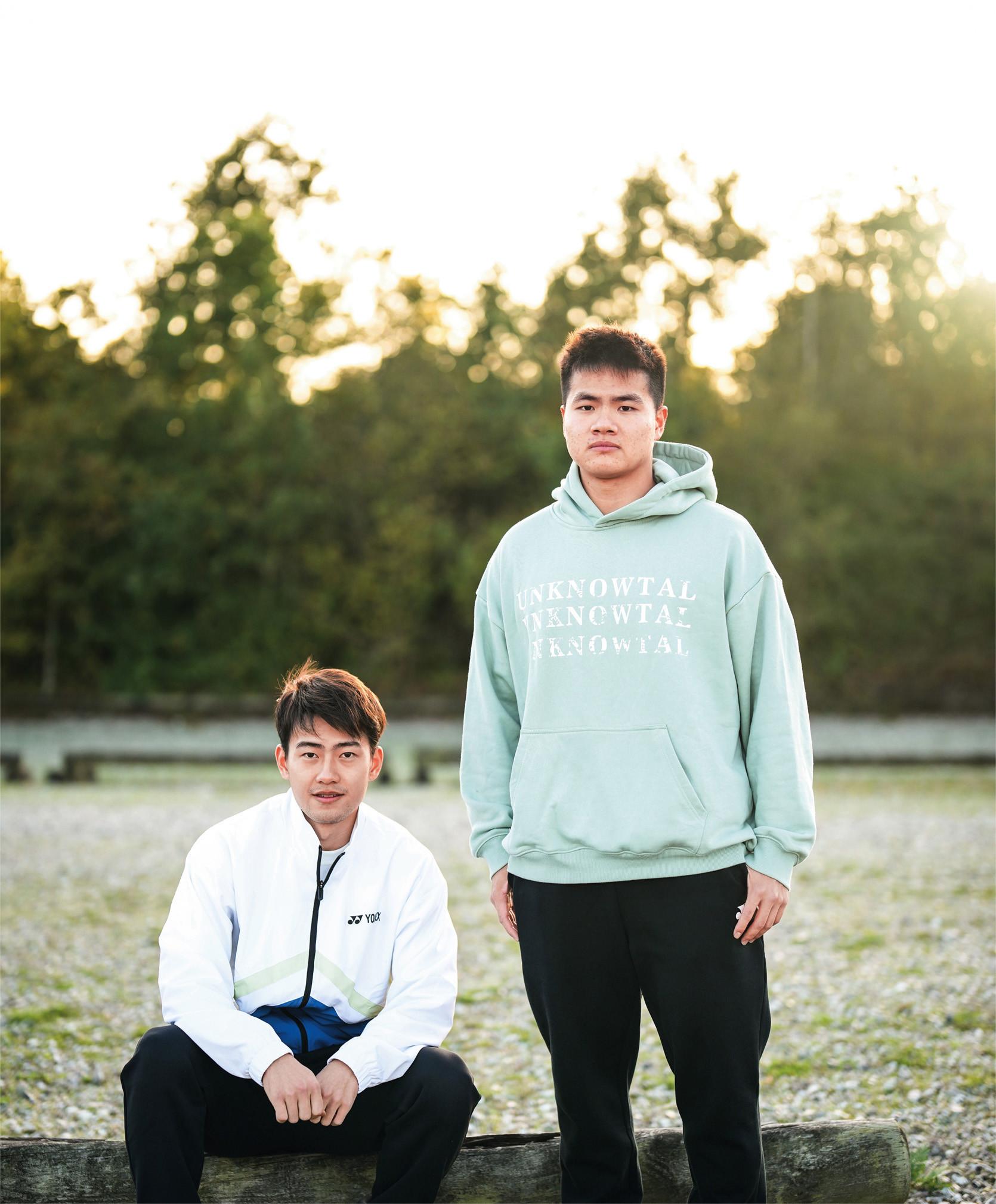
Meeting Amidst Personal Lows

At the beginning of the year, Liang Wei Keng/Wang Chang were positioned as the fifth men’s doubles pair within the team, uncertain of when they would get to participate in international competitions. Their winter training focused on building synergy and strengthening their weaknesses, as both had experienced setbacks in the past two years.
Liang Wei Keng was demoted from the national first team at the end of 2020 and spent 2021 in the newly formed national training team. There, he excelled in training and competition, but without strong goals or pressure, he risked complacency. His coach He Hanbin set a clear goal for him: return to the first team by the end of the year. Liang Wei Keng worked hard, focusing on maximizing his physical strength, resulting in significant improvements in weight, body fat percentage, muscle mass, and strength. He won the national championship with his Guangdong teammate Ren Xiangyu, which motivated him to work even harder.
Wang Chang, though he remained in the first team, also experienced periods of laxity, especially during the international competition hiatus and Olympic preparation period where he served mainly as a sparring partner. The lack of competitions led to a loss of direction and motivation for him. The anticipation for the National Games and the end of the Tokyo Olympics reignited his competitive spirit, and he won the men’s doubles championship with Zhou Haodong. However, he and his old partner did not perform well in subsequent European competitions and the World Championships. Upon their return, the new pairings were already being planned.
Thai Debut Defeat
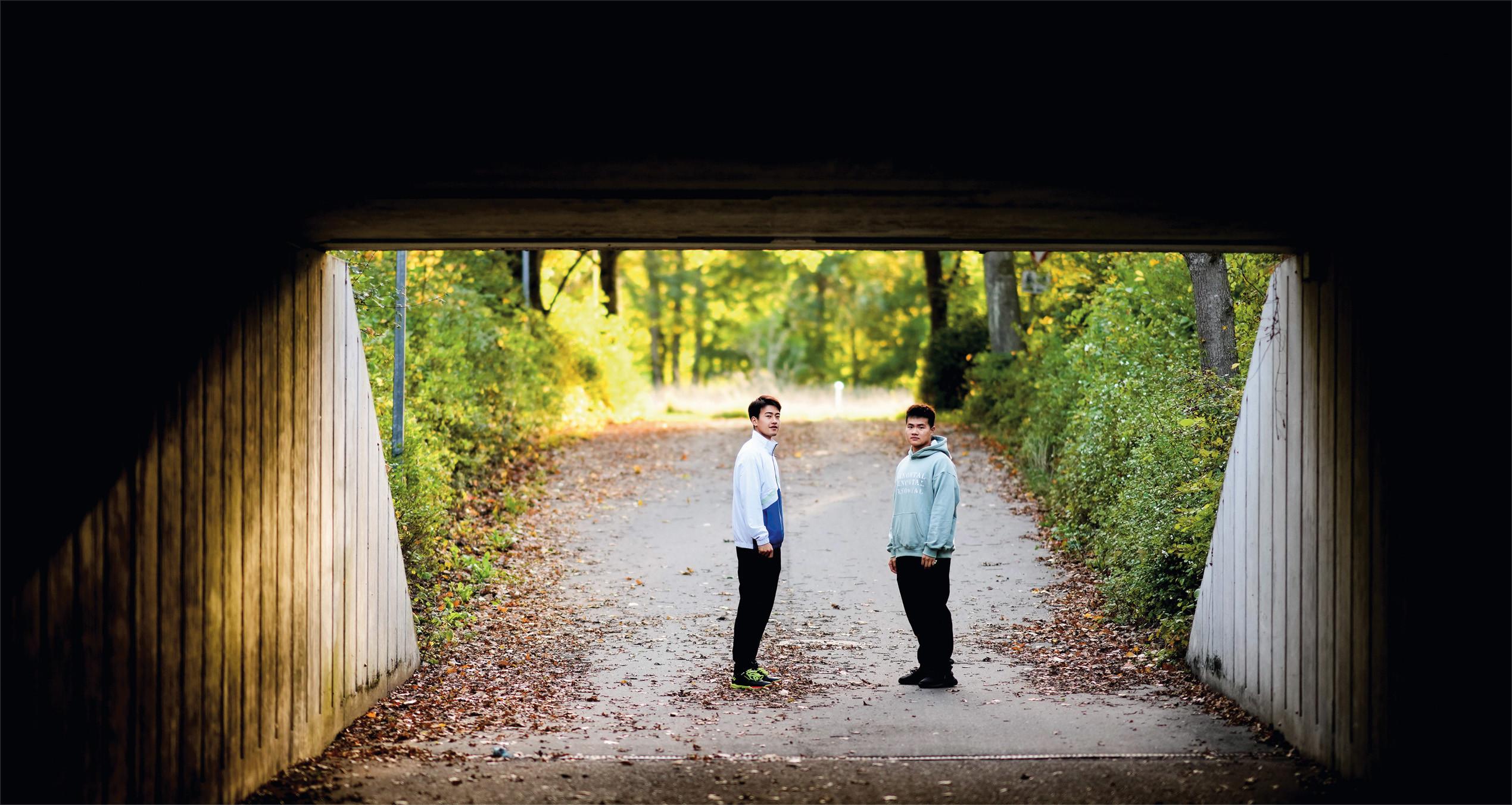
Early this year, Liang Wei Keng rejoined the first team and formed a new pair with Wang Chang. They quickly found synergy, describing their early cooperation as smooth and enjoyable. Despite initial delays and cancellations of competitions, they finally made their debut at the Thailand Super 500 tournament at the end of May.
In the second round, they faced the world champions, Japan’s Takeshi Kamura and Keigo Sonoda. Despite losing, they took one game and showed potential but also made many unforced errors. The match highlighted their youthful eagerness and impatience, transforming what could have been a strategic match against the champions into a struggle with themselves.
Indonesian Silver Medal Showcases Potential
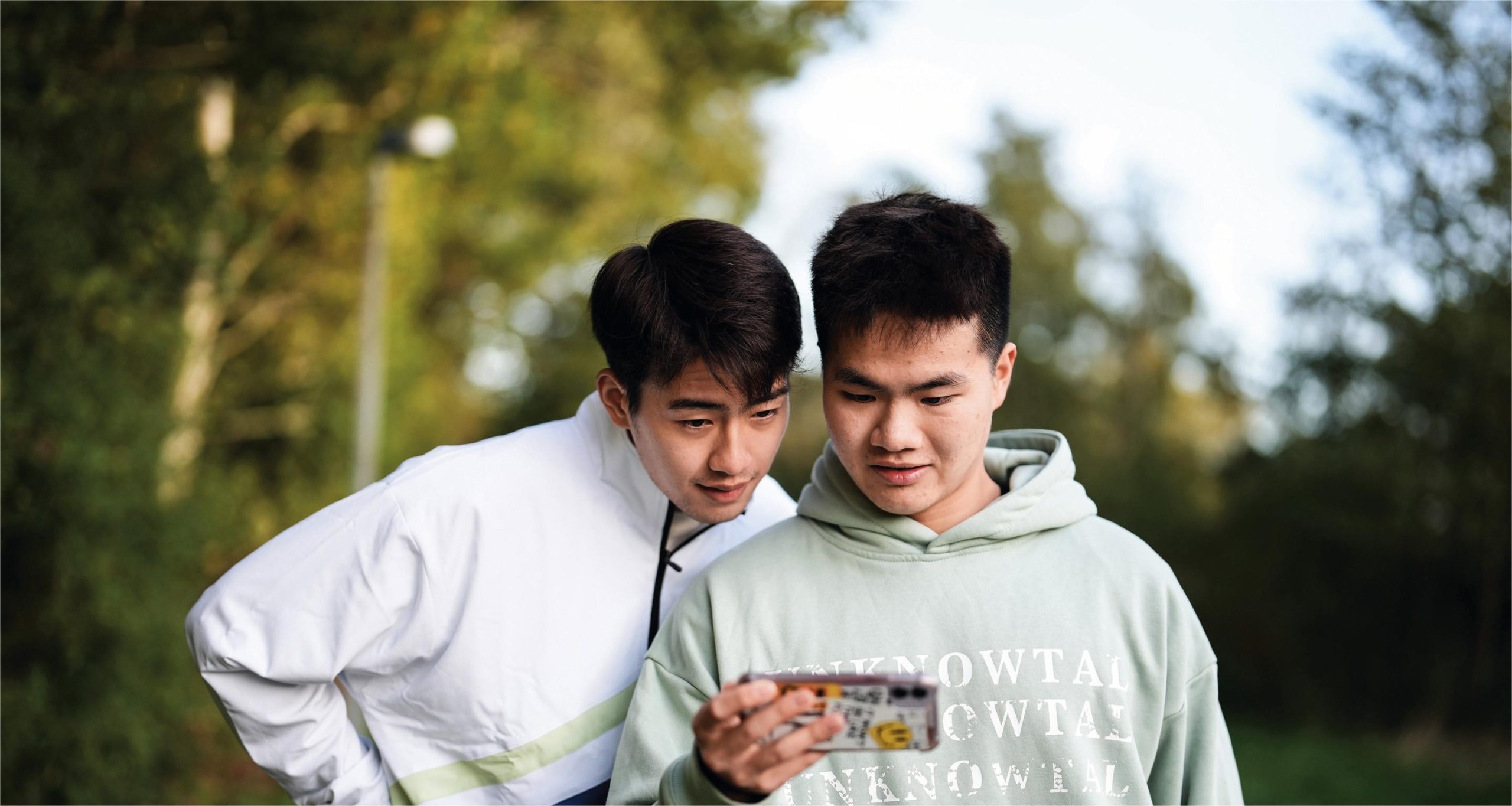
Their debut had both bright spots and frustrations, but it served as a wake-up call. They realized the need to balance their speed with stability. Just half a month later, they participated in the Indonesian Masters and, after significant adjustments, made it to the final, defeating notable pairs including Liu Yuchen/Ou Xuanyi, Malaysia’s reigning world champions Aaron Chia/Soh Wooi Yik, and the world’s top-ranked pair, Marcus Gideon/Kevin Sukamuljo.
In the final, they faced the more experienced and complete Alfian/Ardianto, highlighting the gap in tactical execution. Following this, they experienced further setbacks, losing to Indonesian pairs in subsequent Malaysian and Singaporean tournaments, prompting them to reassess and address new challenges.
Addressing Youthful Impulses
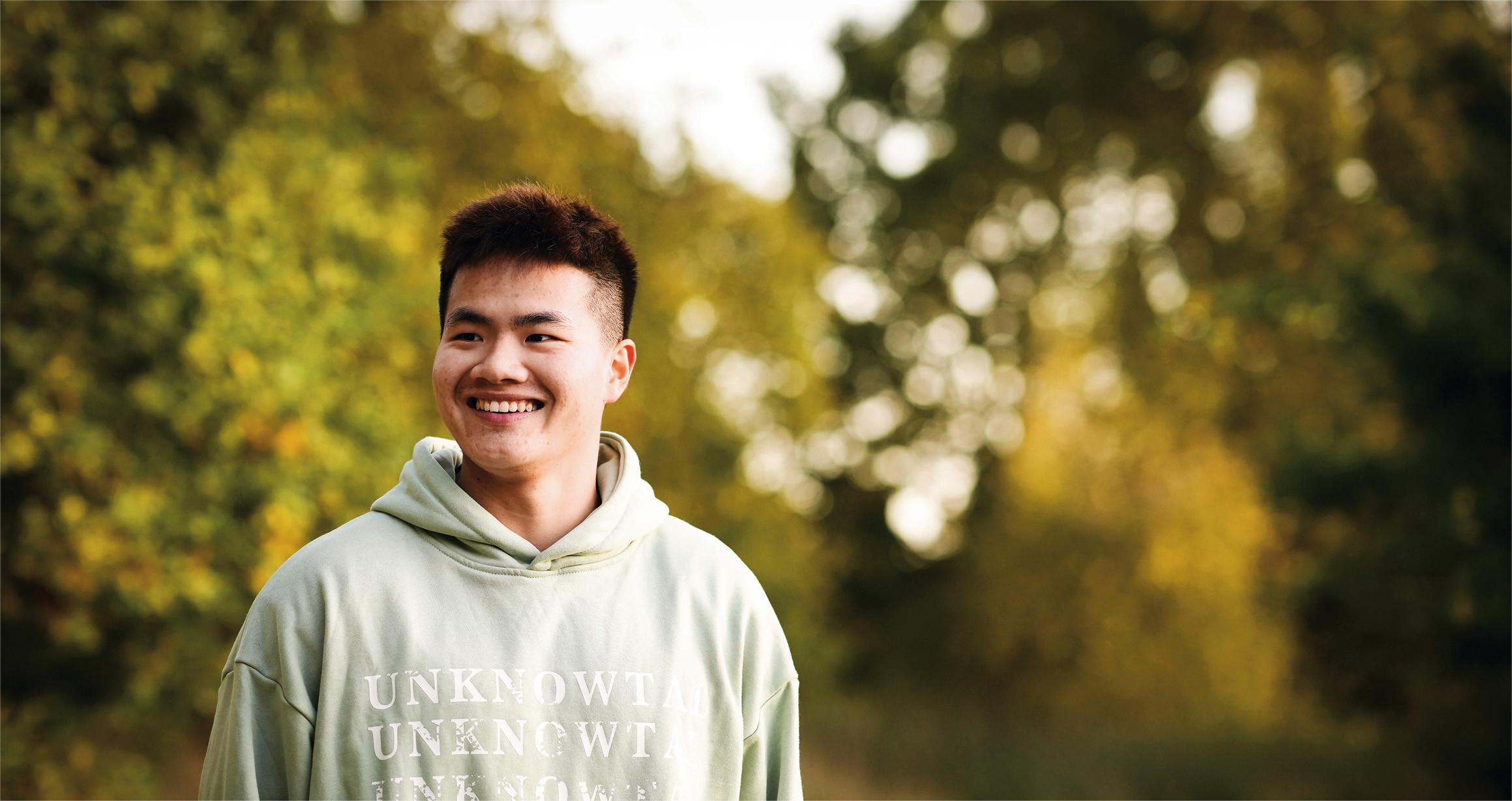
After addressing their impatience, the young pair faced issues of overzealousness. Their strong individual skills sometimes led them to make rash decisions during matches. Wang Chang tended to overcommit at the net, while Liang Wei Keng often forced his power shots. This youthful impulsiveness sometimes cost them matches against peers like Carnando/Martin.
Their direct communication style, however, allowed them to openly discuss and resolve these issues, leading to improved performance.
Crafting New Tactics with Coaches
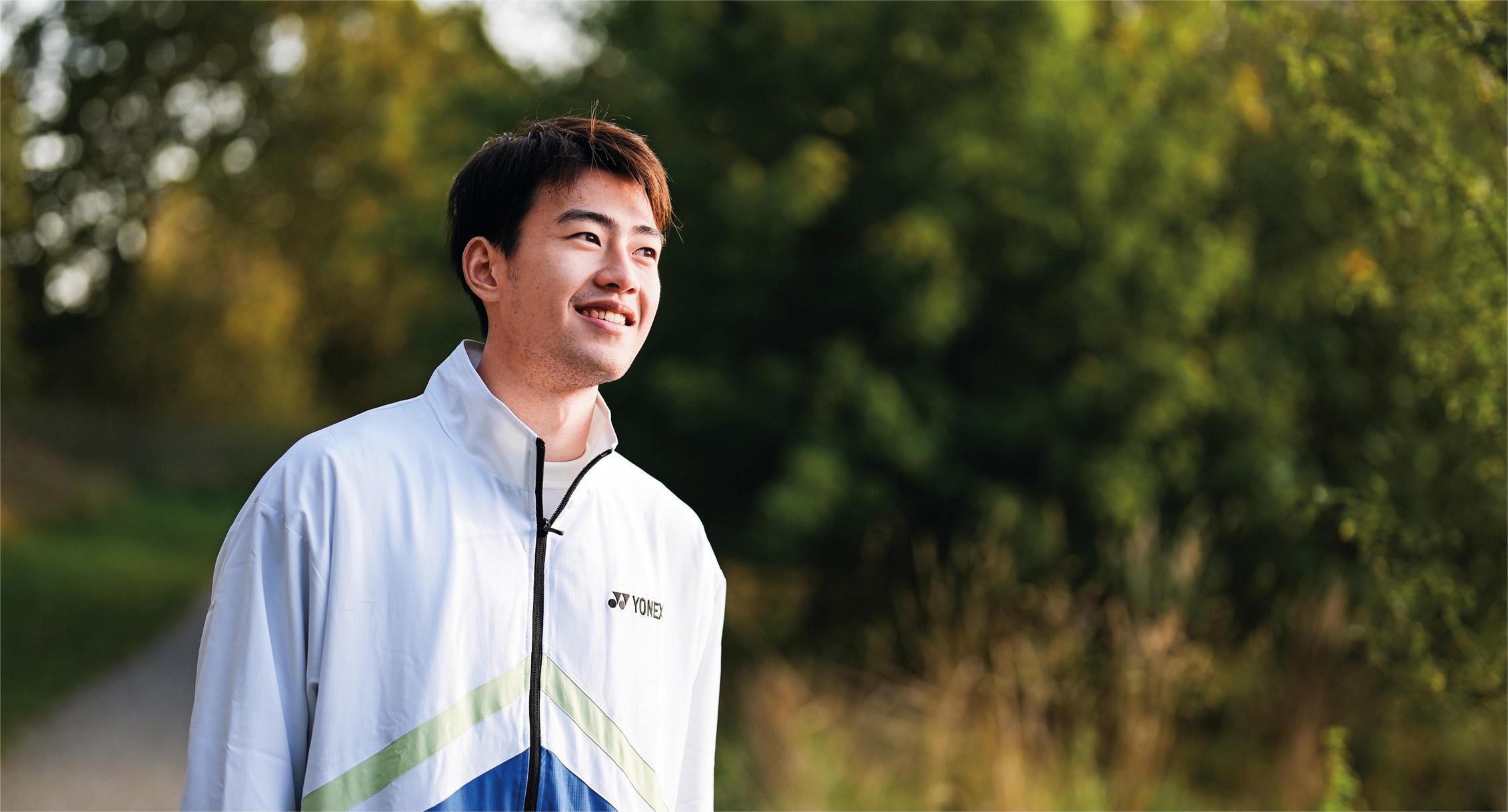
After several competitions, Liang Wei Keng/Wang Chang entered a new phase, moving from identifying their strengths to effectively utilizing them in matches. They began studying successful Indonesian pairs, particularly Alfian/Ardianto, adapting some of their strategies to enhance their own play. This period of intense training and tactical adjustment proved fruitful.
Their breakthrough came at the Japan Open, where they defeated multiple top-ranked pairs, including Alfian/Ardianto, showcasing their ability to adapt and execute new strategies effectively. This victory significantly boosted their confidence and validated their training efforts.
A Promising Future
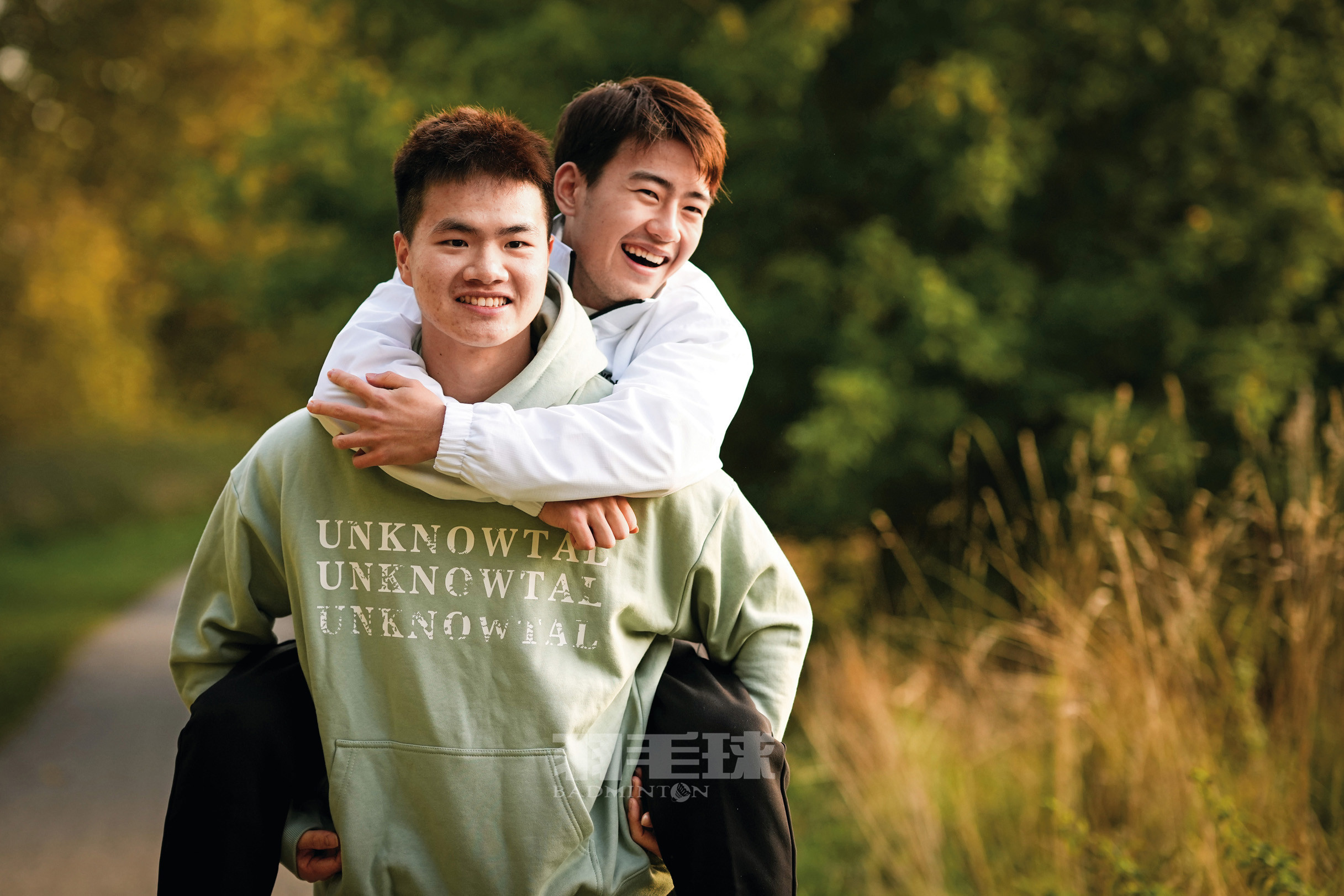
The Japan Open victory served as a timely boost for Liang Wei Keng/Wang Chang and the Chinese men’s doubles team. Their direct communication and willingness to address issues head-on have been key to their rapid improvement. With their distinct characteristics, strong individual skills, and the confidence gained from recent successes, they are well-positioned to bring a bright future to Chinese men’s doubles badminton.

Leave a Reply